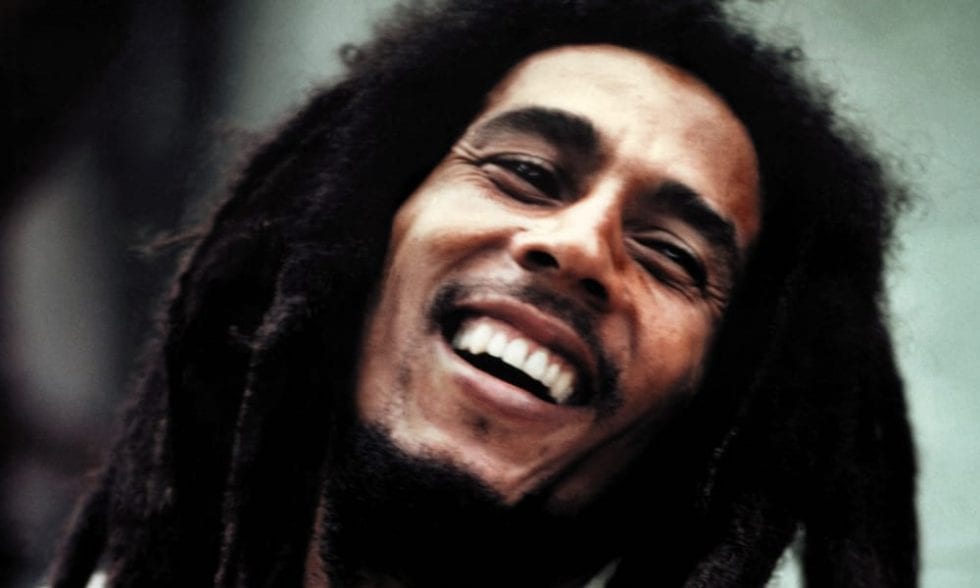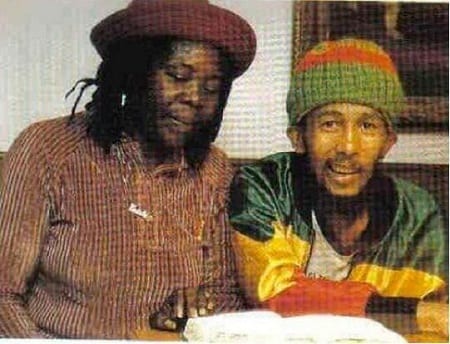
Bob Marley | Natural Mystic
6 February 1945 – 11 May 1981
Despite his illness, he continued touring and was in the process of scheduling a world tour in 1980. The album Uprising was released in May 1980. The band completed a major tour of Europe, where it played its biggest concert to 100,000 people in Milan. After the tour Marley went to America, where he performed two shows at Madison Square Garden in New York City as part of the Uprising Tour. Marley’s last concert occurred at the Stanley Theater (now called The Benedum Center For The Performing Arts) in Pittsburgh, Pennsylvania, on 23 September 1980.
Just two days earlier he had collapsed during a jogging tour in Central Park and was brought to hospital where he learned that the cancer had spread to his brain. Shortly afterwards, Marley’s health deteriorated as the cancer had spread throughout his body. The rest of the tour was cancelled and Marley sought treatment at the Bavarian clinic of Josef Issels, where he received an alternative cancer treatment called Issels treatment partly based on avoidance of certain foods, drinks, and other substances.
After fighting the cancer without success for eight months Marley boarded a plane for his home in Jamaica. While Marley was flying home from Germany to Jamaica, his vital functions worsened. After landing in Miami, Florida, he was taken to the hospital for immediate medical attention. Marley died on 11 May 1981 at Cedars of Lebanon Hospital in Miami (now University of Miami Hospital), aged 36. The spread of melanoma to his lungs and brain caused his death. His final words to his son Ziggy were “Money can’t buy life.”
Marley received a state funeral in Jamaica on 21 May 1981, which combined elements of Ethiopian Orthodoxy and Rastafari tradition. He was buried in a chapel near his birthplace with his guitar. Jamaican Prime Minister Edward Seaga delivered the final funeral eulogy to Marley, declaring: “His voice was an omnipresent cry in our electronic world. His sharp features, majestic looks, and prancing style a vivid etching on the landscape of our minds. Bob Marley was never seen. He was an experience which left an indelible imprint with each encounter. Such a man cannot be erased from the mind. He is part of the collective consciousness of the nation.”

